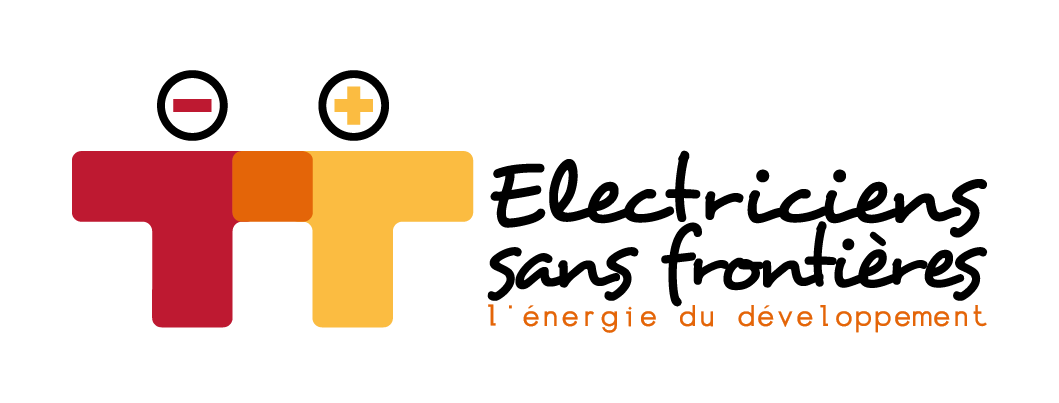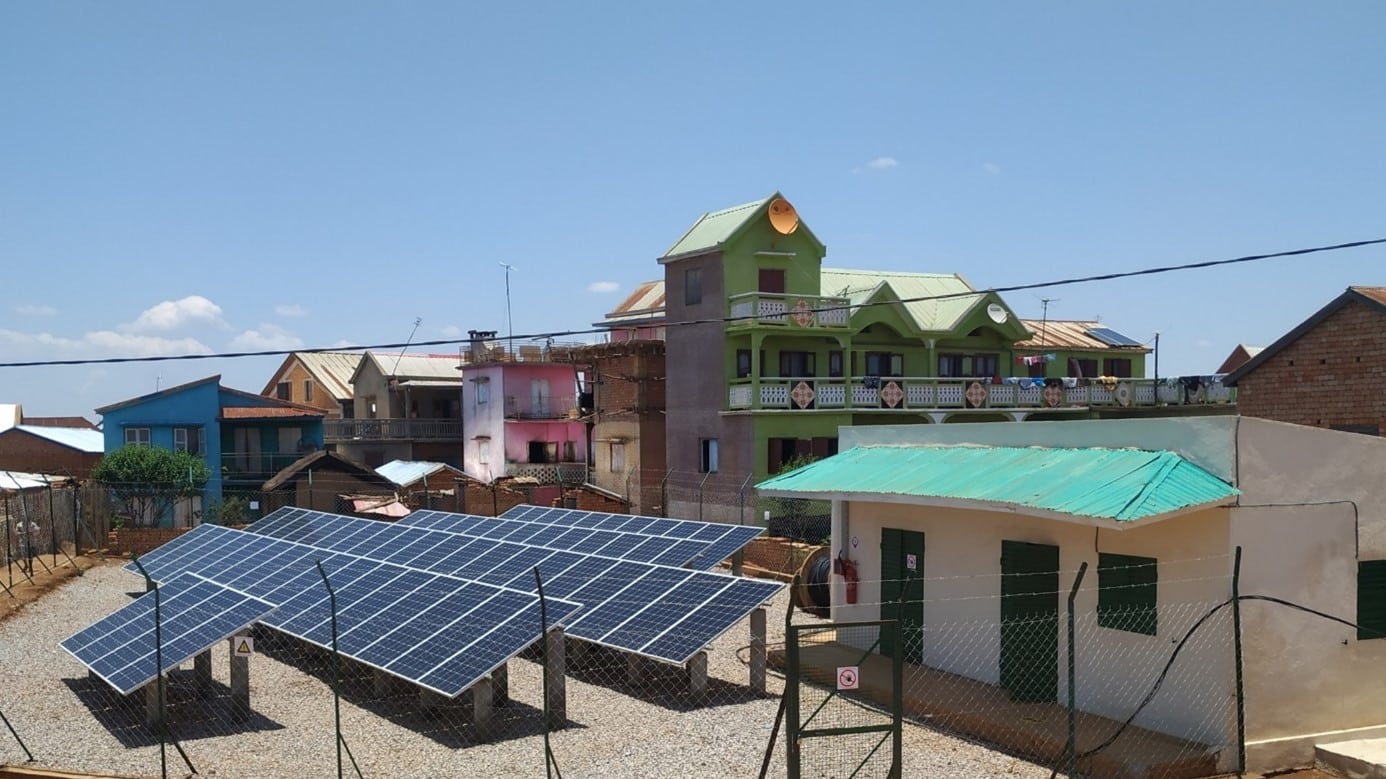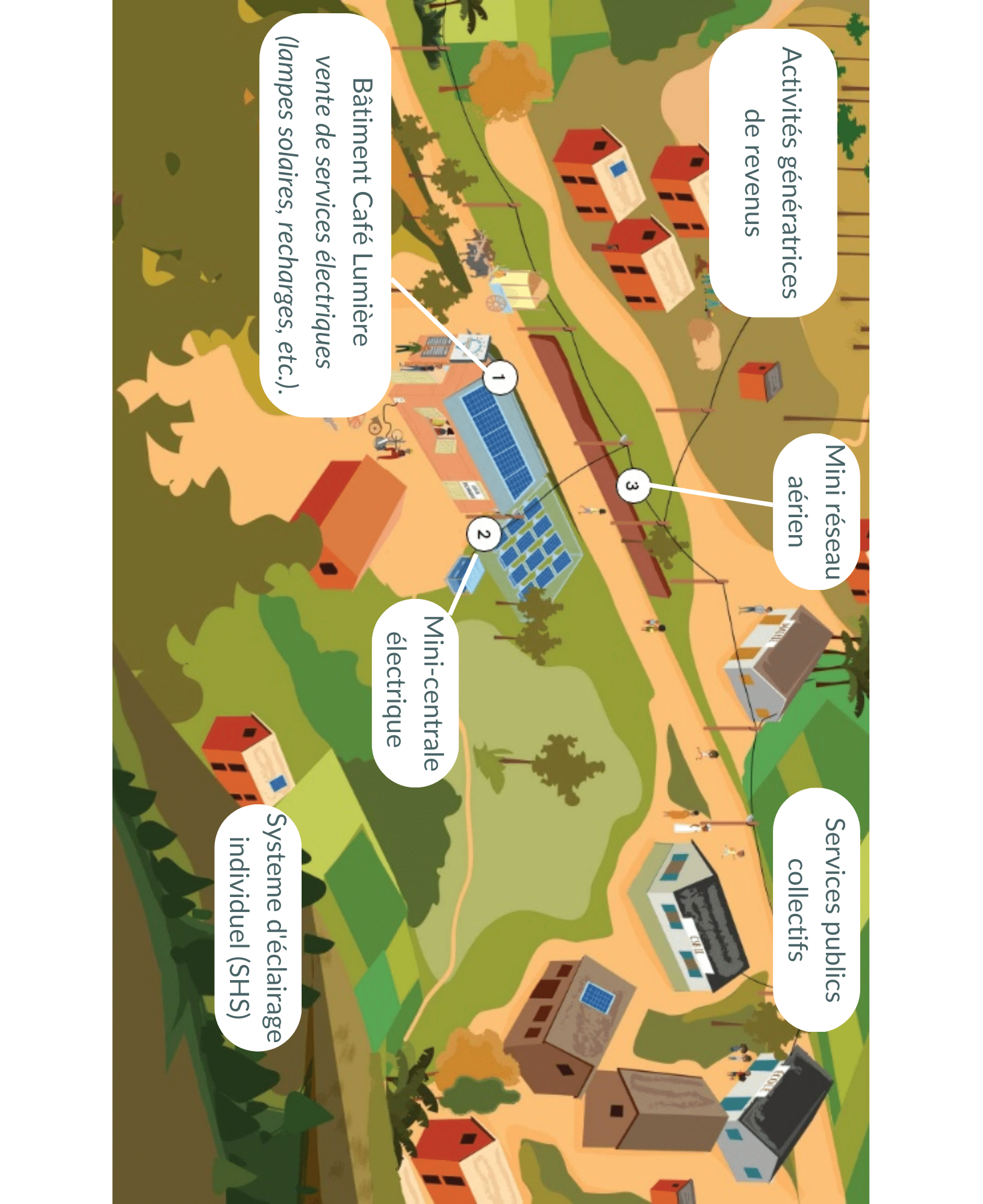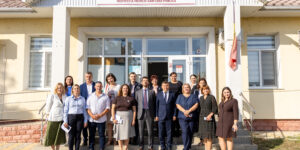INCORPORATING LIGHTING CAFÉS INTO LOCAL REGULATIONS
Rural electrification agencies (ABERME in Benin, ADER in Madagascar and AT2ER in Togo) and energy regulatory authorities (ARE in Benin, ORE in Madagascar and ARSE in Togo) play a central role in the implementation and sustainability of the Cafés Lumière.
They support the integration of Cafés Lumière into the country’s regulations and off-grid rural electrification plan at all levels, in particular for :
- Choosing the localities in which the solution will be deployed: transmission of the remaining localities to be electrified, advice on the selection criteria and final agreement on implementation;
- The operating companies selected as “delegatees”: co-drafting of the call for applications, technical and legal support in drawing up the operating application (authorisation or concession), validation of tariffs, signature of an operating contract;
- Respect for the solution and its sustainability: signing of a partnership agreement with Electriciens sans frontières, regular exchanges with the programme’s stakeholders, granting of exemptions (if necessary).
The programme, which is currently being rolled out, is designed to fit seamlessly into the national energy access policies of the countries concerned, and involves the public players closely in a co-construction approach.
In fact, the innovative nature of the Café Lumière solution can sometimes come up against regulations and institutional frameworks, which are designed to adapt to ‘classic’ solutions intended to be deployed on a large scale in a standardised manner. In particular, the introduction of an innovative solution can lead to a redefinition of the roles and responsibilities of the various players involved, a need for technical and organisational adaptation, which can lead to confusion as to where everyone stands, and difficulties in working in synergy.
For example, a Café Lumière will have a lower installed capacity than most mini grids, and will offer a range of electricity-related services rather than simply supplying electricity (which is difficult to incorporate into conventional documents). In addition, some regulatory frameworks stipulate that the same organisation must deploy the infrastructure and also operate it, whereas the model adopted for the Café Lumière consists of separating these two roles.
This is why Electriciens sans frontières maintains close relations with the public authorities, especially the rural electrification agencies, and discusses the specific features of the Café Lumière model as far upstream as possible, to ensure that it fits in with the regulatory framework.
In Madagascar, the solution was deployed before the publication of the implementing decree on rural electrification. ADER and Electriciens sans frontières worked together to implement and perpetuate the solution while awaiting the decree.
In Benin, the regulations and the solution were rolled out simultaneously, which meant that both parties had to adapt to ensure that the Cafés Lumière fell within the legal scope of off-grid rural electrification. Regular discussions with ABERME are continuing to ensure the sustainability of the first four installations and the deployment of two future Cafés Lumière.
Finally, in Togo, where no Café Lumière has yet been deployed, in-depth discussions have already been held with AT2ER, ARSE and the Ministry of Energy, as the regulations applicable to the sector are not yet fully adapted. All the stakeholders have demonstrated their willingness to find effective solutions for rolling out the programme. For this reason, a Togolese delegation from the public authorities will be travelling to Benin in February 2023 to meet their namesake in order to understand the strategy put in place to ensure the implementation of the Café Lumière solution in Togo.





